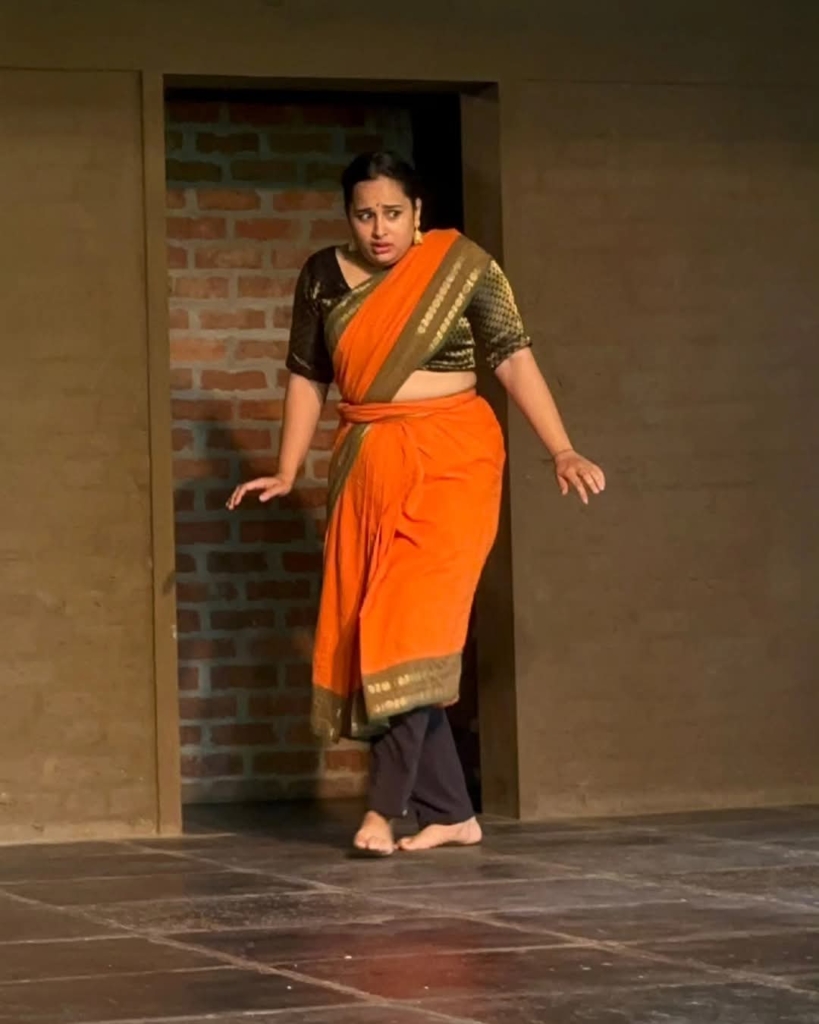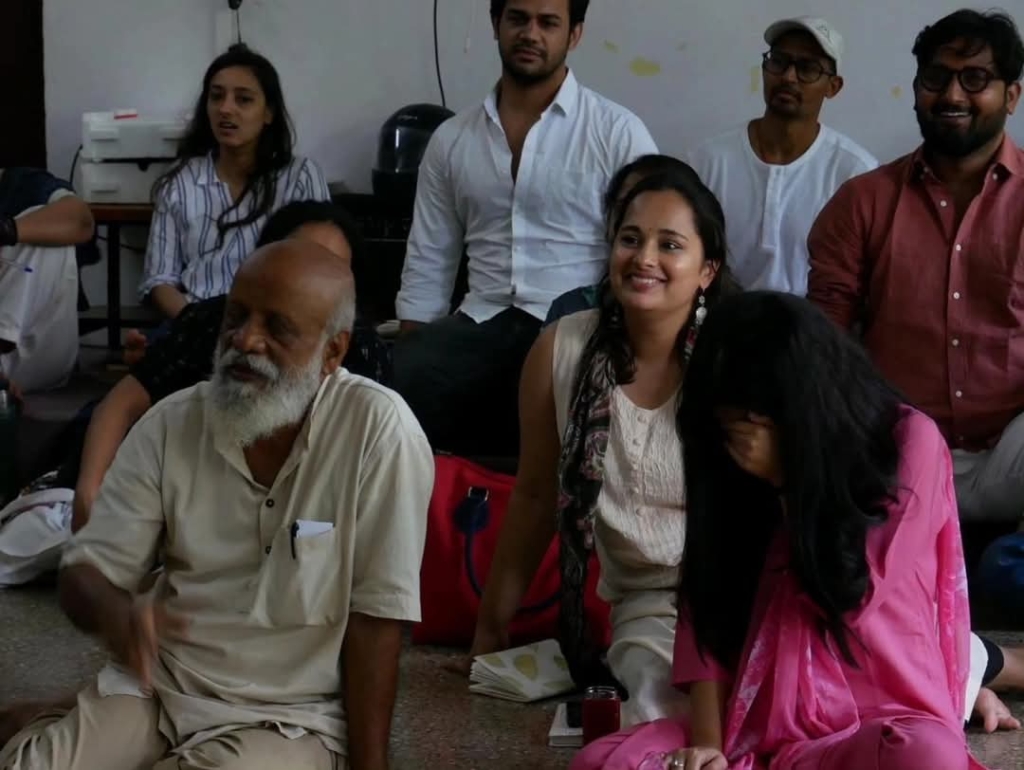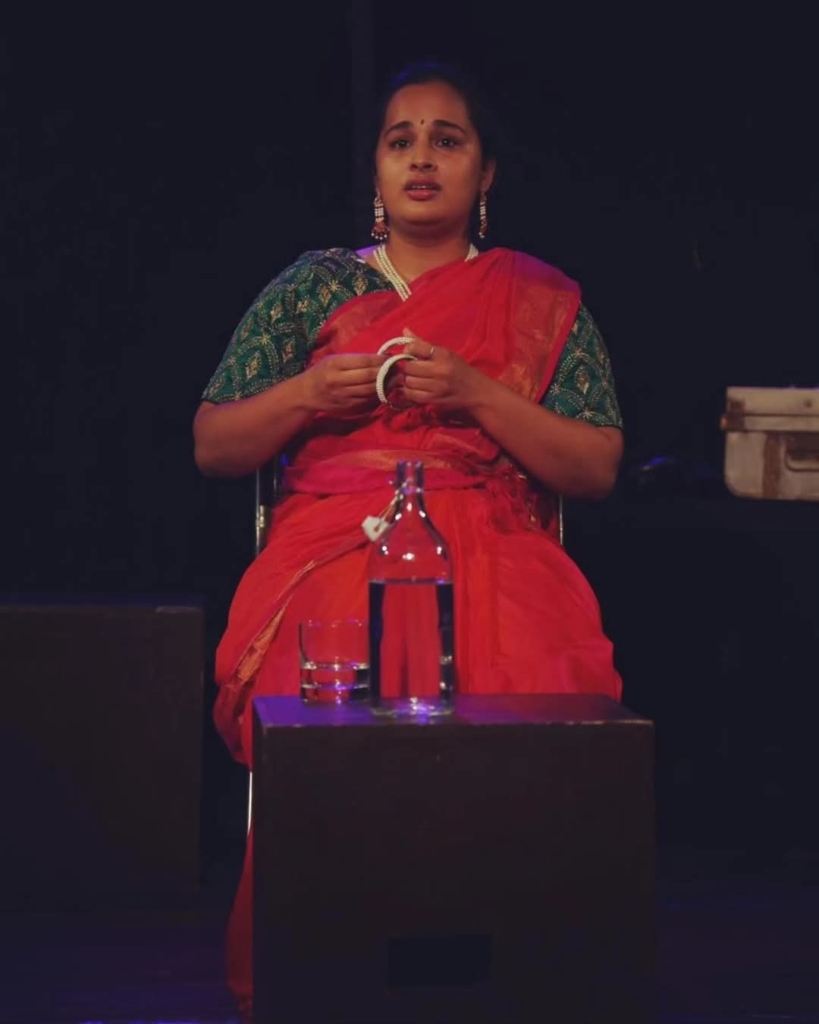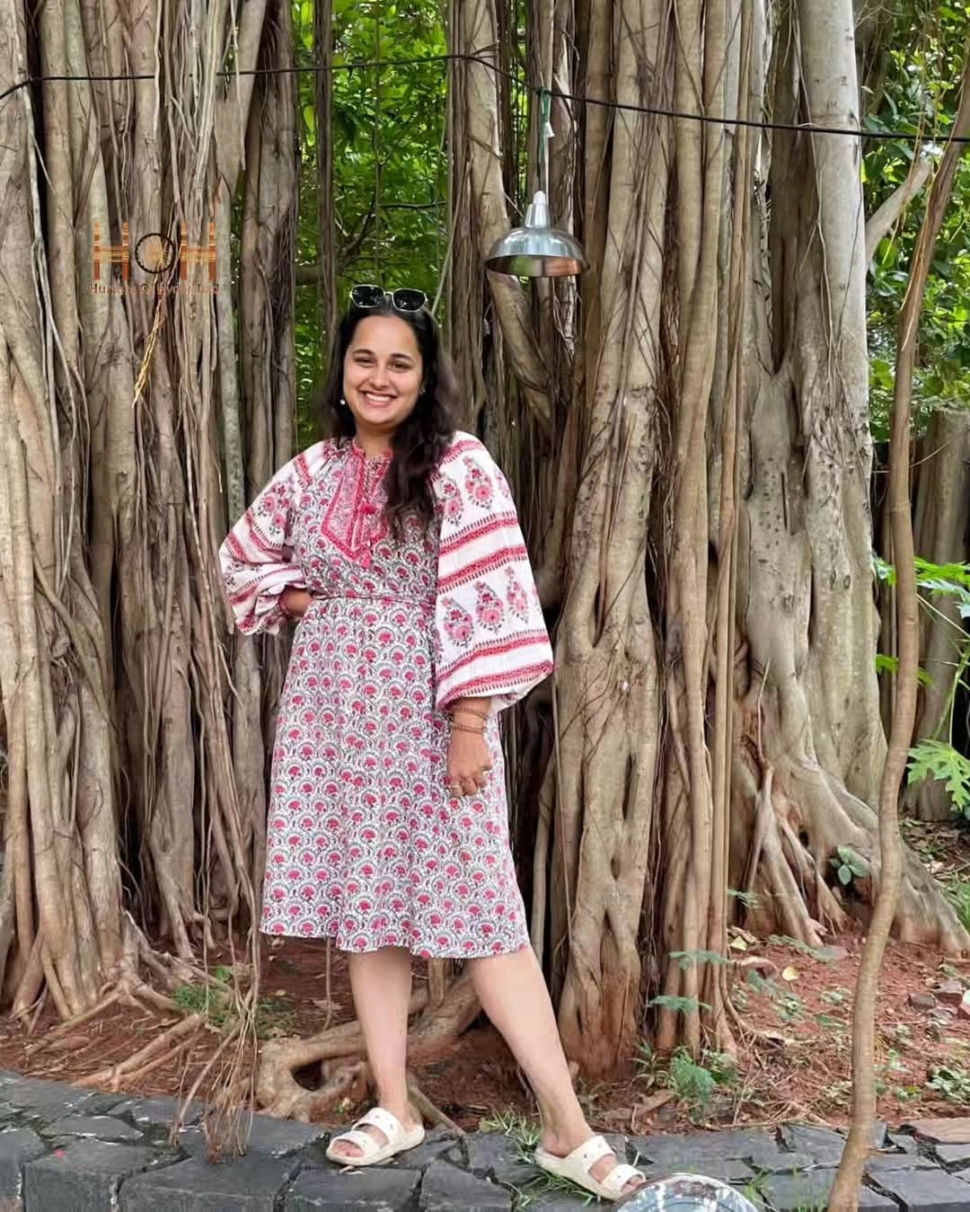“I have always been a stage kid. If there was a Children’s Day, Teacher’s Day, or Annual Day function during my school days, I would be there—dancing, performing, or doing anything that let me be on stage. That’s where I first experienced the joy of performance—the energy, the presence, the ability to communicate something beyond words. Over time, dance led me to dramatics, and I truly realised the magic of theatre.

In 2020, I made a conscious decision to focus entirely on acting. I trained at Nibha Theatre in Hyderabad under Nasreen Ma’am, then moved to Puducherry to study at Adi Shakti. From there, I learned under Prasanna Hegde in Mysuru and Venu Ji, a Koodiyattam artist in Kerala. Each of these experiences built my foundation. One of the most mind-blowing discoveries for me was how India has the world’s longest-standing theatre tradition. The Natya Shastra, attributed to Bharata Muni, isn’t just an ancient text—it’s a complete system of storytelling, showing how theatre has been part of education and cultural connection for centuries.

Theatre in India is incredibly diverse. Koodiyattam in Kerala blends acting and rhythm, where performers narrate stories through intricate expressions. In Karnataka, troupes travel through villages before Maha Shivaratri, enacting Shiva’s stories. Telangana has its own legacy with Jandhyala’s plays, which mix humour with strong social messages. Theatre has always been about bringing people together, whether in a grand performance or a local festival.
I’ve performed in several plays, including A Doll’s House, Silence Please at Rangabhoomi Space, and an adaptation of The Seagull in Hyderabad and other cities. One of the biggest lessons I’ve learned is from Vyabhichari Bhavas in the Natya Shastra—those fleeting emotions that make a performance feel real. Every time I step on stage, I try to bring that depth into my work.

To anyone pursuing theatre, don’t treat it as just a way to get film auditions. Theatre isn’t just about the past—it’s about now, about telling stories that reflect life as we live it. And that’s why it will always remain relevant.”
- Tejoy Bhattaru, Artist
